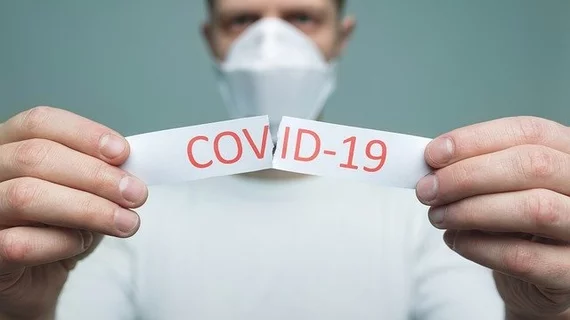Cardiologist shares story after testing positive for Omicron COVID-19 variant—says he caught it during cardiology conference
Elad Maor, MD, PhD, a cardiologist at Sheba Medical Centre in Israel, has tested positive for the Omicron COVID-19 variant. His symptoms so far remain mild. He is one of world’s first confirmed Omicron cases that did not have direct ties to traveling in South Africa—and he believes he caught the virus while in London to attend a healthcare conference.
Maor, 45, shared a detailed account of his experience with the Guardian, noting that he was fully vaccinated when he attended the PCR London Valves 2021 conference. He also took multiple COVID-19 tests, including one before the conference, one during the conference and another as soon as he landed back home in Tel Aviv. Those tests came back negative—but when he took a fourth test, it came back positive.
“The only reasonable explanation is that I got infected on the last day of the meeting—maybe at the airport, maybe at the meeting,” Maor told the Guardian. “That’s why the [third] PCR was too early to detect the infection. So either the second day of the meeting or the last day of the meeting because there is a lag between the time you get infected, and when the PCR turns positive.”
Maor had already returned to work at Sheba Medical Centre when he tested positive. Also, his wife and children had traveled with him to London for the conference—but they have not tested positive.
The Europa Group, the organization behind PCR London Valves 2021, has issued a statement emphasizing that all government-mandated protocols were put into place.
Click the link below to read the full story:

